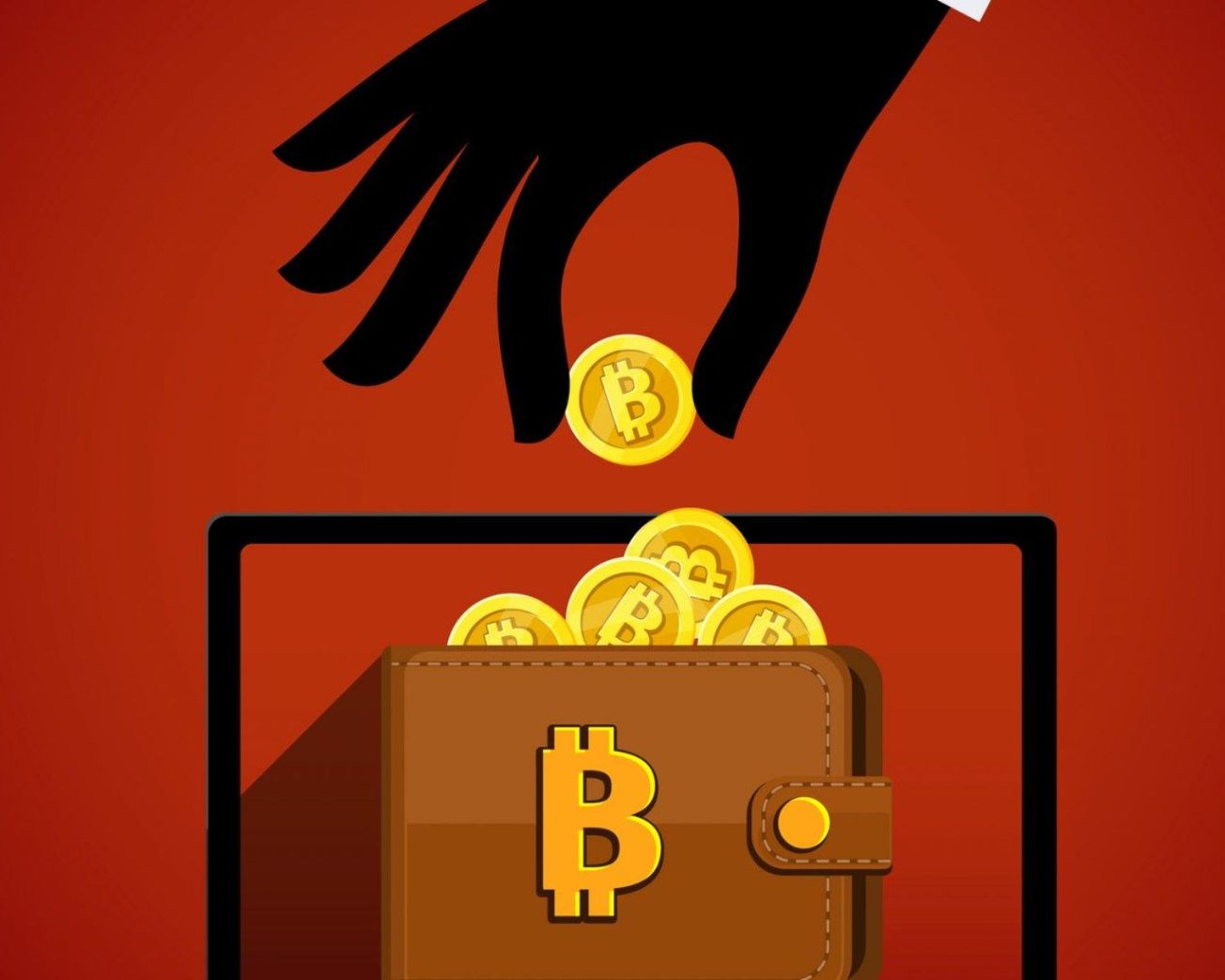South Africa’s Many Worrying Crypto Scams Put The Industry Under Pressure

With the recent collapse of Obelisk; a fraudulent scheme camouflaging as a bitcoin mining endeavour, South Africa is dealing with its latest elaborate crypto scam which saw 4,000 people suffer losses totalling ZAR 112 M (~USD 6 M).
Obelisk, the latest disaster in a worrying trend of crypto grifts that have shaken South Africa in recent times, took off on social media encouraging unsuspecting users to make investments that would supposedly aid the purchase of bitcoin mining equipment which they could use to generate daily income. The machines were quoted between ZAR 340.00 (USD 18.00) and ZAR 450 K (USD 24.8 K).
Participants were added to WhatsApp groups after “investing”, and some reported receiving small returns from the initial investments which encouraged them to make bigger investments, attracted by the prospect of making bigger returns.
However, participants would later find to their dismay that they were unable to withdraw matured returns, and their complaints to Obelisk administrators only got them kicked out of the forum and locked out of the system. The National Consumer Commission would eventually get involved and its investigations revealed the scale of the grift; the latest in a country that has been hit by a whirlwind of crypto scams in recent years.
South Africa and cryptocurrency is not exactly a match made in heaven or hell, but it’s certainly a relationship with a checkered history. Just like cryptocurrency itself, the South Africa-crypto relationship has been one of exciting highs and damning lows. And evidently, the one big blemish on the South Africa-crypto relationship is the continuous orchestration of big money scams built around crypto investments.
It seemed as though the worst had happened in 2020 when the infamous Mirror Trading International (MTI) fraud unravelled. As WT had reported, it involved about 23,000 digital coins, totalling around USD 1.2 B – all of which basically disappeared after the operator(s) disappeared into the wind. Indeed, a report by Chainalysis described this as the biggest crypto scam of 2020.
Nothing could top that, it seemed. Well, that was until June 2021 – some 7 months after MTI went bust – and the country’s biggest crypto scam yet unravelled. Last year, it came to light that two South African brothers had vanished, along with USD 3.6 B worth of the most valuable crypto-asset, bitcoin.
The duo, Ameer and Raees Cajee, launched a cryptocurrency investment platform known as Africrypt in Johannesburg in 2019, and they had run the company together. The company fronted as a platform that pooled funds from participants with which they traded in the crypto market and made huge returns which are then distributed to participants, up to five-times the investment. But it was later outed as a ponzi scheme that went bust when 69,000 cryptocoins suddenly vanished, along with the founding brothers.
Indeed, crypto scams have grown bigger and bolder in South Africa since 2018, leading to as much as USD 5 B in losses in that time.
In 2018, thousands of South Africans lost more than USD 80 M in a bitcoin fraud orchestrated by BTC Global, which masqueraded as a bitcoin trading company.
The company promoted a crypto investment scheme that lured people to hand over their money and earn an interest of 2 percent daily, 14 percent weekly, and 50 percent monthly. The whole thing crumbled after two weeks; the operators absconded and South Africans counted tens of millions of dollars in losses.
Another incident was recorded in January 2019 when a fake bitcoin lottery scam infiltrated South Africa. By leveraging celebrity endorsements and taking control of the Twitter account of the South African Cricket Federation, a group of scammers promoted a fake lottery in which they lured people to donate bitcoin to qualify for a draw in which they could win USD 70 K.
Although this fraud was nipped before any major damage occurred, an undisclosed number of people were swindled. And there’s more – In June of 2019, a company vaguely known as Bitcoin Wallet went bust after operating a fraudulent scheme for several months. Reports have it that the company was drawing in as much as USD 130 K daily at one point. Its promise of 100 percent returns in three weeks – targeted at the rural residents – drew in multitudes in South Africa.
Furthermore, in July 2020, Willie Breedt was outed as the CEO of the defunct Vaultage Solutions, the company at the center of an alleged cryptocurrency scam in South Africa.
According to local media, an estimated 2,000 investors invested a total of ZAR 227 M (USD 13.35 M) into Breedt’s company. What went wrong? To put it simply, all the money somehow disappeared and investors were left high and dry. Breedt reportedly broke off all communication just before heading to Mozambique for a holiday in December 2019 before finally closing shop in January 2020.
The worrying incidents reflect how crypto scams have intensified in frequency, sophistication, and damage in South Africa in recent times, with the authorities seemingly trying to quell the menace with regulatory action and punitive sanctions.
Most recently, the Financial Sector Conduct Authority announced that crypto assets in the country would be treated as financial products which will help authorities tackle fraud. The FSCA also announced that starting next year, crypto platforms in the country will need to get licensed in order to continue operations.
Featured Image Credits: Coinnounce